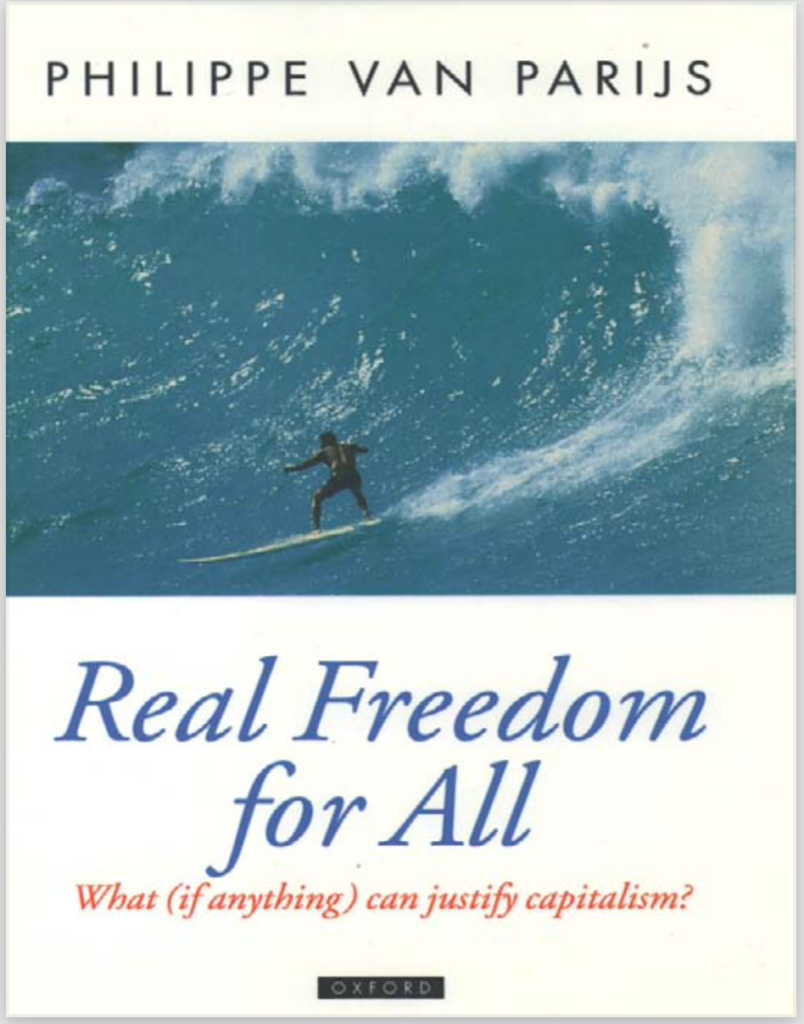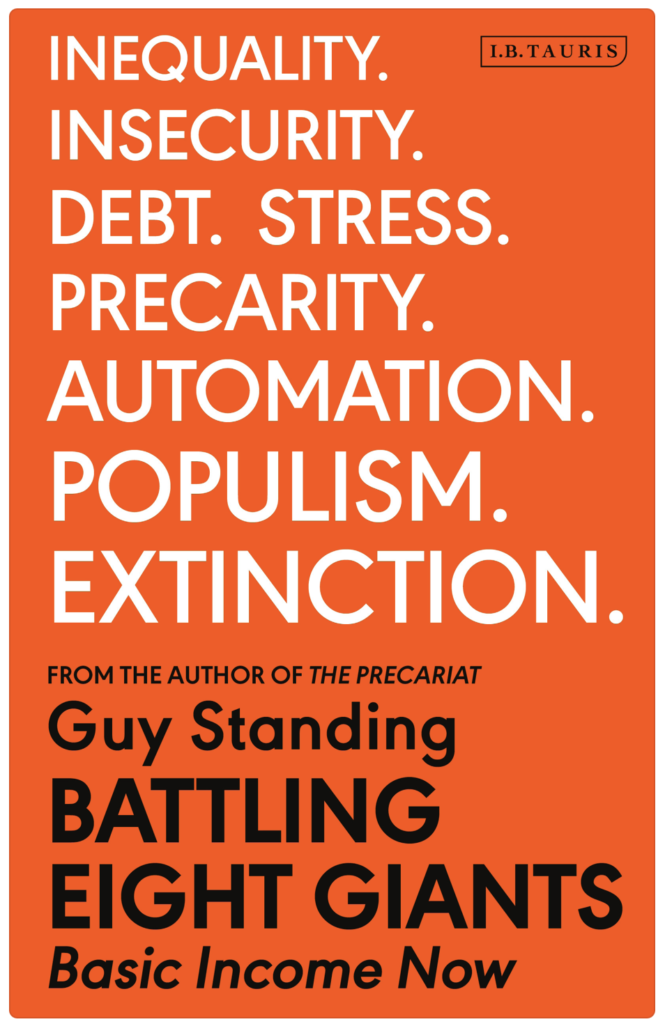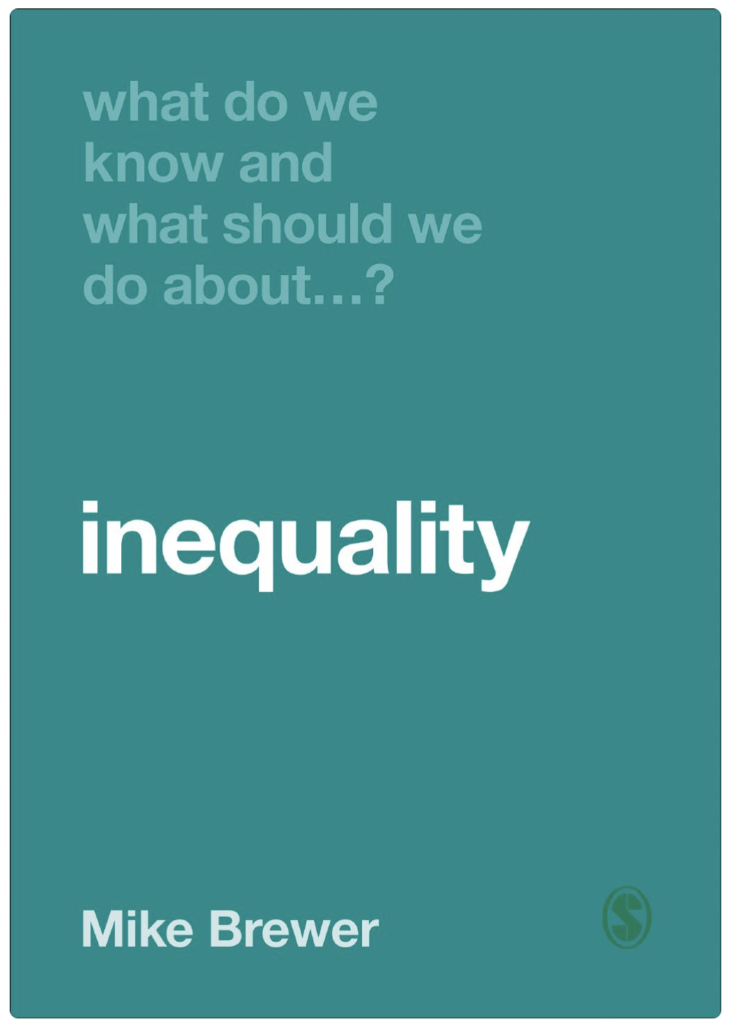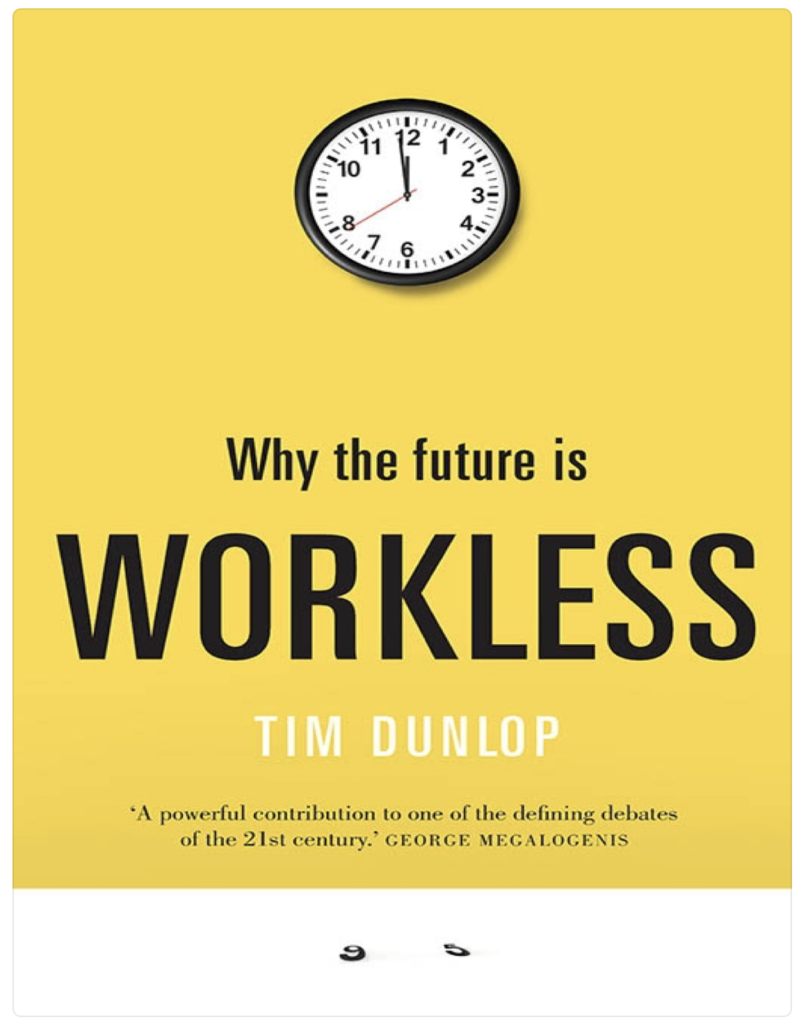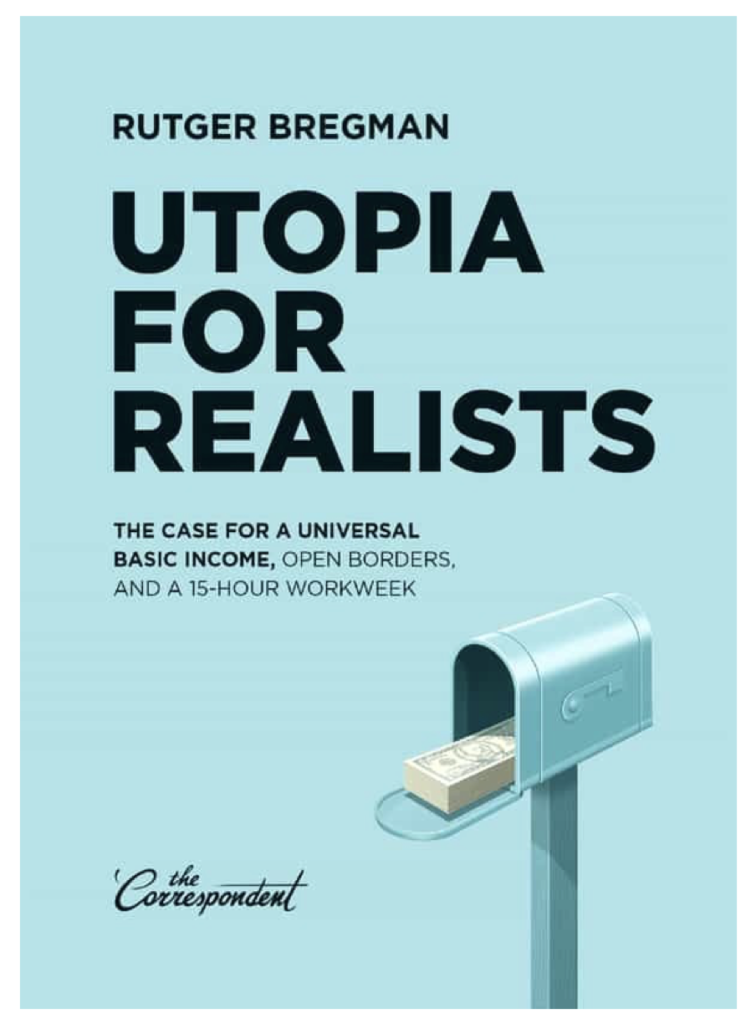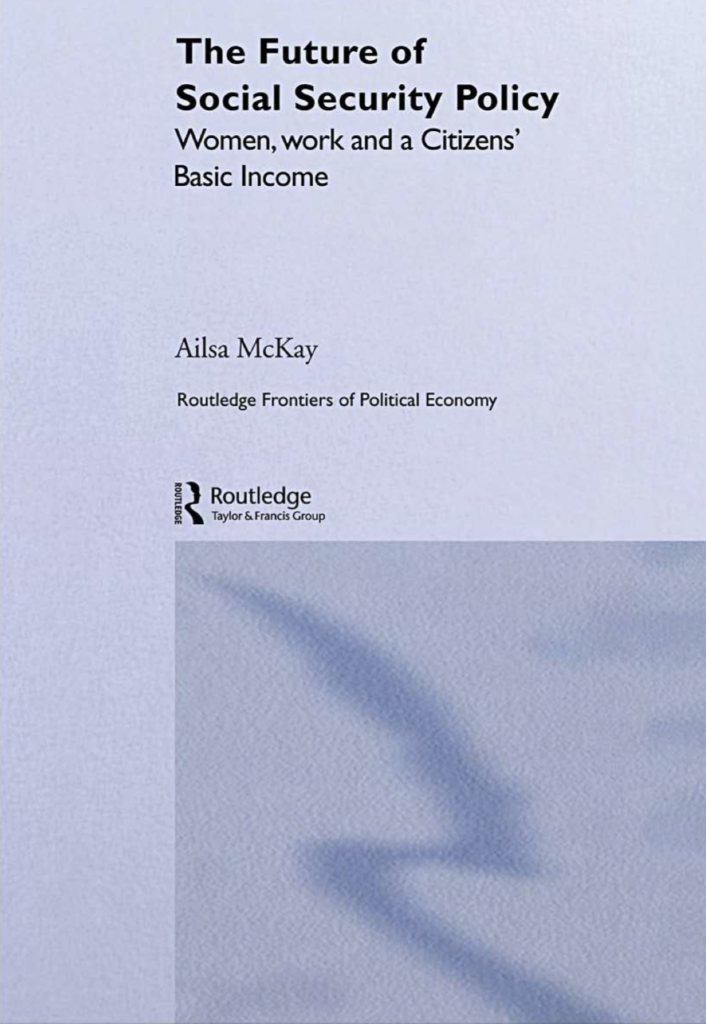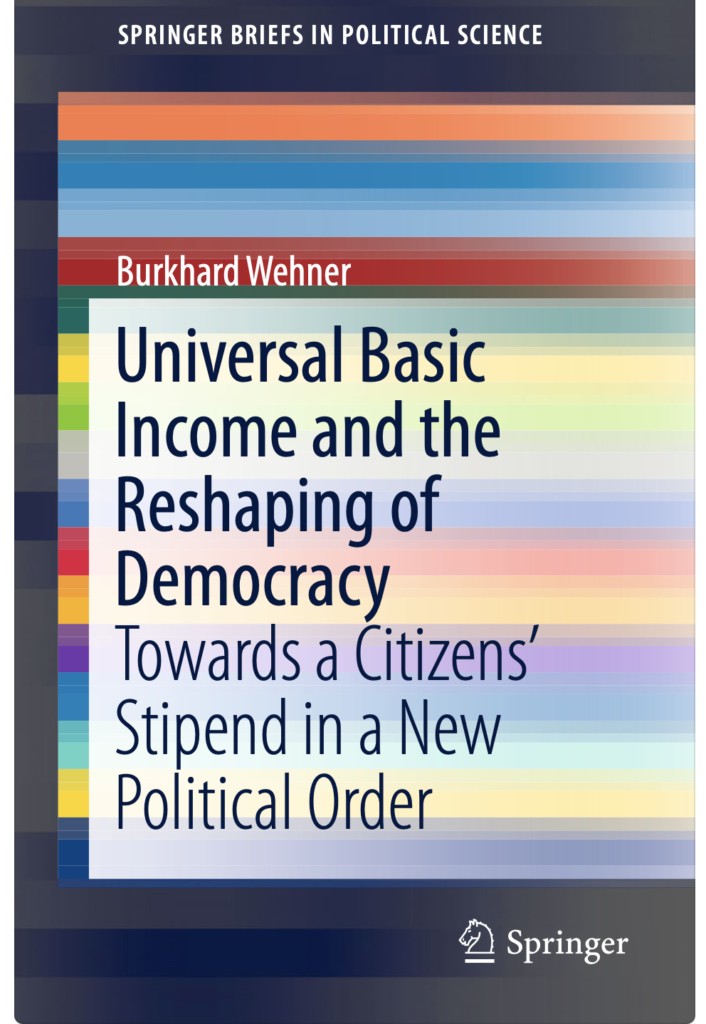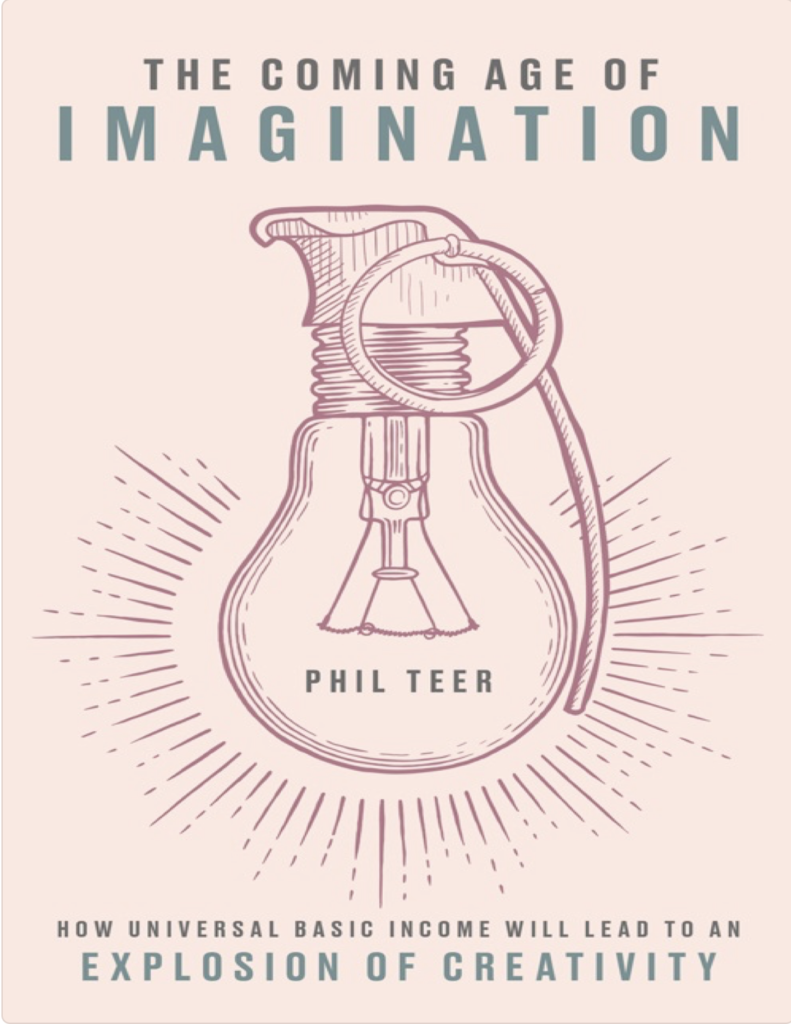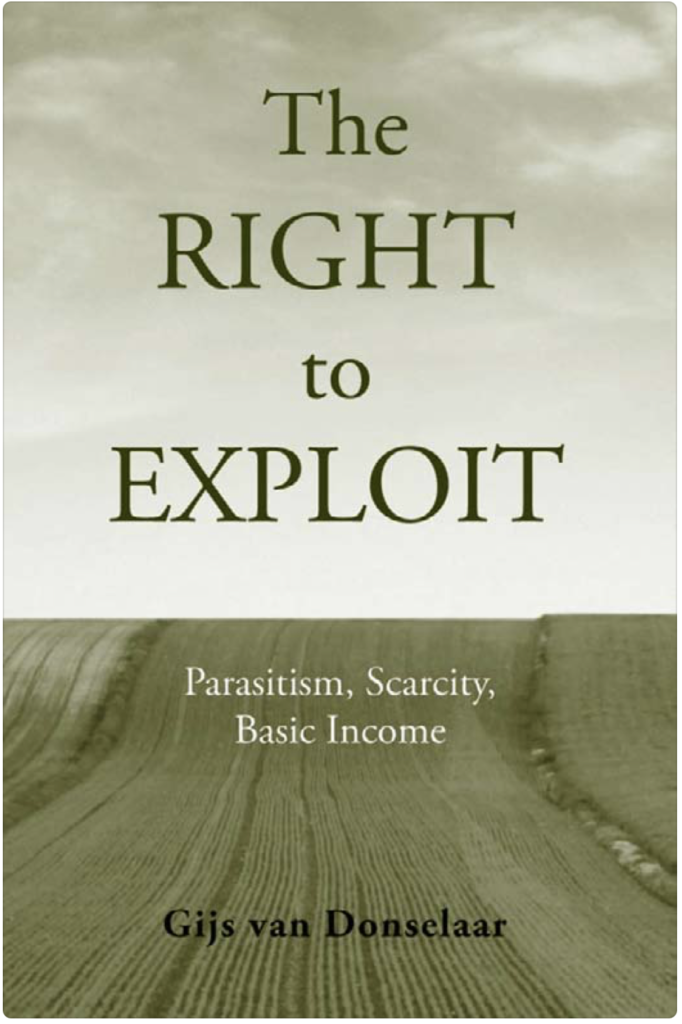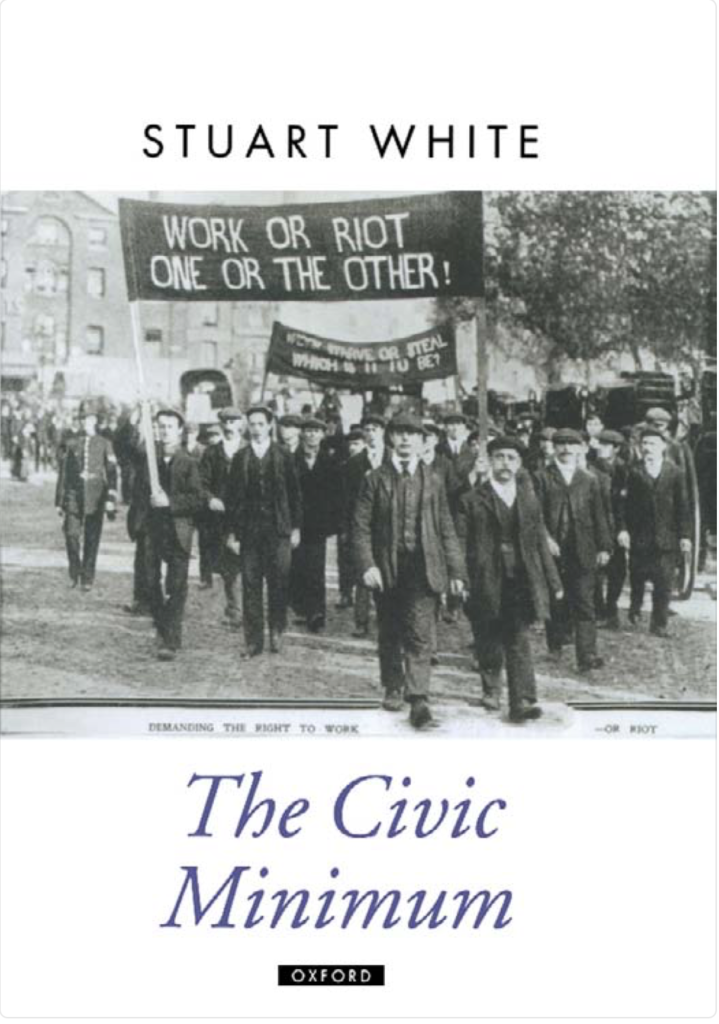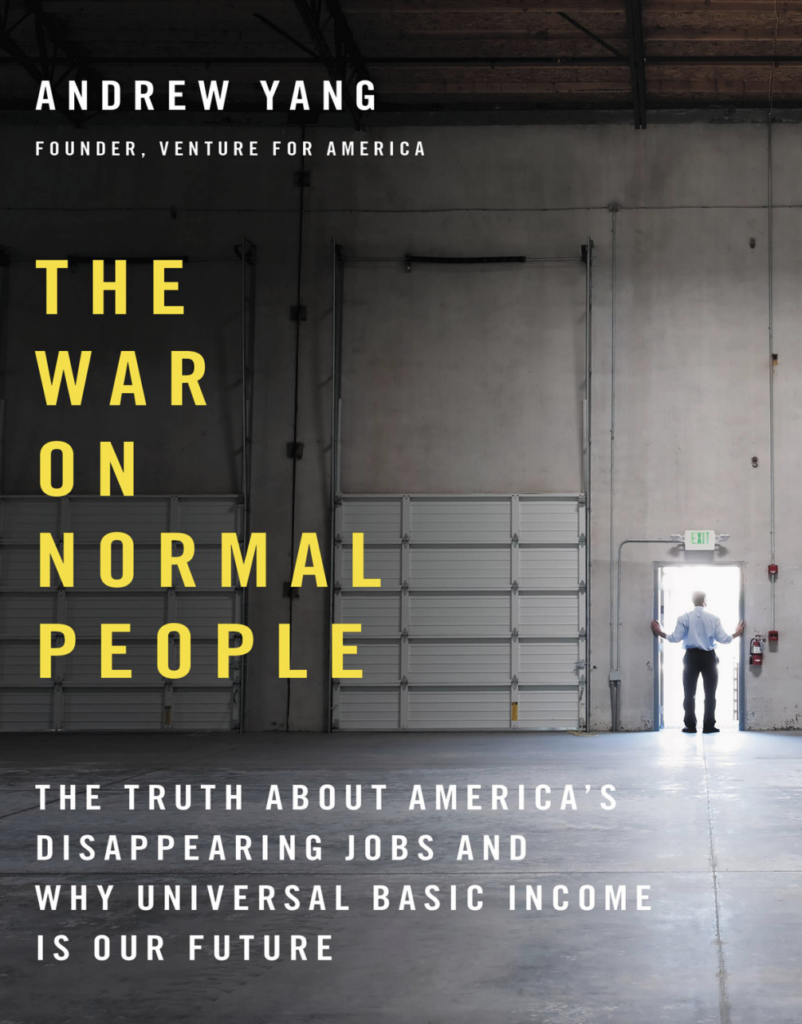Capitalist societies are full of unacceptable inequalities. Freedom is of paramount importance. These two convictions are widely shared across the world, yet they seem to be completely contradictory with each other. Fighting inequality jeopardizes freedom, and taking freedom seriously boosts inequality. Can this conflict be resolved? In this ground-breaking book, Philippe Van Parijs sets out a new and compelling case for a just society. Assessing and rejecting the claims of both socialism and conventional capitalism, he presents a clear and compelling alternative vision of the just society: a capitalist society offering a substantial and unconditional basic income to all its members. Not just an exercise in political theory, this book goes on to show what his ideal of a free society means in the real world by drawing out its policy implications. It will be essential reading for anyone concerned about the just society and the welfare state as we move into the twenty-first century.
Today in one the richest countries in the world, 60% of households in poverty have people in jobs, inequality is the highest it has been for 100 years, climate change threatens our extinction and automation means millions are forced into a life of precarity.
The solution? Basic Income. Here, Guy Standing, the leading expert on the concept, explains how to solve the new eight evils of modern life, and all for almost zero net cost. There is a better future, one that makes certain all citizens can share in the wealth of the modern economy.
Far from being a new idea, Standing shows how the roots of basic income go back to the Charter of the Forest, one of two foundational documents of the state – the other, sealed on the same day, being the Magna Carta. All citizens have a right to the wealth created by capitalism, and all – left or right, rich or poor – can benefit from a dynamic and ecologically grounded economy created by the guarantee of subsistence to all.
Economic inequality is at historically high levels with income inequality in developed countries at its highest for over 50 years. In the UK, the rise in income inequality over the last 30 years is one of the largest across developed nations, leading to the UK being close to the top of the international league for inequality and second highest among G7 countries. Economist Mike Brewer discusses the causes and consequences of these high levels of economic inequality in the UK, outlining why the UK became so unequal in the 1980s and how this has developed further since the 2008 financial crash and the austerity that followed. Brewer then presents new analysis of the top 1% and 0.1%, before assessing the relevance of Thomas Piketty’s landmark work and predictions around wealth inequalities. The author then outlines six key areas that need addressing to move the UK off its high-inequality path and towards a fairer society, including wealth redistribution, social mobility, and excessive pay at the top.
Even as the robots gather on the near horizon this book argues we have choices about the manner in which we greet them. A world without work as we know it could be a good thing.
The landscape of work is changing right in front of us, from Uber, Airbnb and the new share economy to automated vehicles, 3D printing and advanced AI. The question isn’t whether robots will take our jobs, but what we will do when they do. The era of full-time work is coming to an end and we have to stop holding out the false promise that at some magical moment the jobs are going to reappear. So what does our future in the brave new world of non-work look like?
In this timely and provocative book, Tim Dunlop argues that by embracing the changes ahead we might even find ourselves better off. Workless goes beyond the gadgetry and hype to examine the social and political ramifications of work throughout history and into the future. It argues we need to think big now, not wait until we’re in a dystopian world of mass unemployment and wealth held in the hands of a minority.
After working all day at jobs we often dislike, we buy things we don’t need. Rutger Bregman, a Dutch historian, reminds us it needn’t be this way-and in some places it isn’t.
Rutger Bregman’s TEDTalk about universal basic income seemed impossibly radical when he delivered it in 2014. A quarter of a million views later, the subject of that video is being seriously considered by leading economists and government leaders the world over. It’s just one of the many utopian ideas that Bregman proves is possible today.
Utopia for Realists is one of those rare books that takes you by surprise and challenges what you think can happen. From a Canadian city that once completely eradicated poverty, to Richard Nixon’s near implementation of a basic income for millions of Americans, Bregman takes us on a journey through history, and beyond the traditional left-right divides, as he champions ideas whose time have come.
Every progressive milestone of civilization-from the end of slavery to the beginning of democracy-was once considered a utopian fantasy. Bregman’s book, both challenging and bracing, demonstrates that new utopian ideas, like the elimination of poverty and the creation of the fifteen-hour workweek, can become a reality in our lifetime. Being unrealistic and unreasonable can in fact make the impossible inevitable, and it is the only way to build the ideal world.
Current debates concerning the future of social security provision in advanced capitalist states have raised the issue of a citizen’s basic income (CBI) as a possible reform package: a proposal based on the principles of individuality, universality and unconditionality which would ensure a minimum income guaranteed for all members of society. Implementing a CBI, would consequently entail radical reform of existing patterns of welfare delivery and would bring into question the institutionalized relationship between work and welfare. Ailsa McKay’s book makes a unique and positive contribution to the CBI literature by examining the proposal from a feminist economics perspective. Gender concerns are central to any debate on the future of social security policy, in that state intervention in the field of income redistribution has differential impacts on men and women. By drawing attention to the potential a CBI has in promoting equal rights of freedom for men and women this book serves to open up the debate to incorporate a more realistic and inclusive vision of the nature of modern socio-economic relationships.
How, where and when can a universal basic income be put into political practice? This book discusses these questions by analyzing the political logic of a basic income and its controversial political and scientific implications. The author studies the institutions, rules, and decision-making processes of conventional democracies to reveal an institutional framework in which a universal basic income for all citizens could eventually become politically viable. The work addresses a broad range of topics, such as nationwide experiments with a basic income, voters’ support for the idea, and the effects of a basic income on business cycles and demographic policies. As such, it will appeal to anyone interested in the preconditions and implications of introducing a universal basic income.
Universal basic income is a very old idea that is fast becoming the radical idea of the twenty-first century. It could eradicate poverty and avoid a much-predicted dystopian future of automation and high unemployment – but it could also have an unexpected effect: an explosion of mass creativity.
Phil Teer draws insights from the creative and entrepreneurial effects of basic income experiments and weaves them into stories of how the Romantic poets invented consumerism; artists regenerated cities like New York, Glasgow and Berlin; and creative geniuses like David Bowie, Bob Dylan, Kurt Vonnegut, Haruki Murakami and many others liberated their creative spirits and transformed their lives.
The Coming Age of Imagination is a creative manifesto for universal basic income. When we no longer have to worry about money, we have the opportunity to be creative on a mass scale. Simply put, basic income changes everything.
In 1895 an English farmer diverted the course of a stream that was flowing through his land, thereby cutting off the supply to the water reservoir of the neighboring community. The courts established that it had been his purpose to “injure the plaintiffs by carrying off the water and to compel them to buy him off.” Regardless of what the law says, most people will feel that the farmer’s intentions were morally unjust; he was trying to abuse his property rights in order to take advantage of others. Yet, as Gijs van Donselaar explains, the major traditions in the theory of economic justice, both from the libertarian right and from the egalitarian left, have failed to appreciate the moral objection to exploitative behavior that this case displays. Those traditions entertain radically opposed views on how private property should be distributed, but they do not consider the legitimacy of constraints on the exercise of property rights–however they are distributed. The second part of the book demonstrates how this failure clears the way for a recent egalitarian argument, gaining in popularity, for a so-called unconditional basic income. If all have an initial right to an equal share of the resources of the world, then it soon seems to follow that all have a right to an equal share of the value of the resources of the world, which could be cashed in as a labor-free income. That inference is only valid if moral behavior similar to that of the farmer is tolerated. Van Donselaar argues that, ultimately, a confusion about the nature and value of freedom of choice is responsible for the odd conception of private rights in resources that would justify exploitation.
Many governments today are engaged in far-reaching programs of ‘welfare reform’. But what would a just program of welfare reform consist in? Is the current emphasis on linking welfare ‘rights’ to ‘responsibilities’ justifiable? In this book, Stuart White reconsiders the principles of economic citizenship appropriate to a democratic society, and explores the radical implications of these principles for public policy.
From entrepreneur Andrew Yang, the founder of Venture for America, an eye-opening look at how new technologies are erasing millions of jobs before our eyes-and a rallying cry for the urgent steps America must take, including Universal Basic Income, to stabilize our economy.
The shift toward automation is about to create a tsunami of unemployment. Not in the distant future–now. One recent estimate predicts 45 million American workers will lose their jobs within the next twelve years–jobs that won’t be replaced. In a future marked by restlessness and chronic unemployment, what will happen to American society?
In The War on Normal People, Andrew Yang paints a dire portrait of the American economy. Rapidly advancing technologies like artificial intelligence, robotics and automation software are making millions of Americans’ livelihoods irrelevant. The consequences of these trends are already being felt across our communities in the form of political unrest, drug use, and other social ills. The future looks dire-but is it unavoidable?
In The War on Normal People, Yang imagines a different future — one in which having a job is distinct from the capacity to prosper and seek fulfillment. At this vision’s core is Universal Basic Income, the concept of providing all citizens with a guaranteed income-and one that is rapidly gaining popularity among forward-thinking politicians and economists. Yang proposes that UBI is an essential step toward a new, more durable kind of economy, one he calls “human capitalism.”
